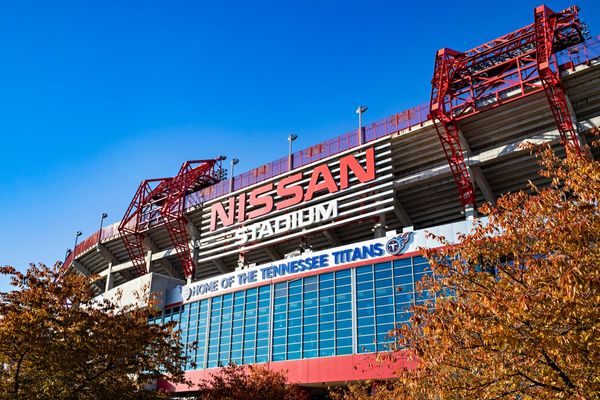
Google is feeling the heat—from employees. With Microsoft’s ChatGPT-powered Bing making waves and Google’s answer to it, Bard, suffering a “demoralizing” demo last month, workers want to know the game plan with artificial intelligence and search.
At an all-hands meeting Thursday, Google workers had the chance to pepper CEO Sundar Pichai and Bard product lead Jack Krawczyk with questions, according to CNBC, which said it obtained audio of the meeting.
One worker asked the following question via Google’s internal forum Dory, according to CNBC:
“Bard and ChatGPT are large language models, not knowledge models. They are great at generating human-sounding text, they are not good at ensuring their text is fact-based. Why do we think the big first application should be Search, which at its heart is about finding true information?”
Krawczyk, making his all-hands debut, quickly responded, “I just want to be very clear: Bard is not search.”
Instead, he said, it’s “a collaborative A.I. service.”
“The magic that we’re finding in using the product is really around being this creative companion to helping you be the spark plug for imagination, explore your curiosity, etc.,” he said. But, he added, “We can’t stop users from trying to use it like search.”
Of course, search is very much on the minds of Google investors and employees. When OpenAI shared its A.I. chatbot ChatGPT with the public in late November, thoughts immediately turned to how the technology might disrupt Google’s search dominance.
Fears about that were hardly allayed when Microsoft launched a ChatGPT-powered rival to Google search last month. (It’s available to a limited number of users for now but will be more widely available soon.)
Google responded last month with a video of a demo of Bard, but that was botched by a factual error from the chatbot concerning the James Webb Space Telescope. Wall Street promptly punished Google parent Alphabet, sending its shares down sharply.
Another question on Thursday was about the demo, according to CNBC, with an employee asking, “The first public demo was demoralizing, sent our stock into a nosedive, and invited massive media coverage. What really happened?”
“Questions like this can be fair and we want to reiterate the fact that Bard has not launched,” Krawczyk replied. “We acknowledged to the world that this is something that we’re experimenting with—we’re testing it. But there’s a lot of excitement in the industry right now.”
Another worker reportedly commented, “Launching AI seems like a knee-jerk reaction without a strategy.”
“I disagree with the premise of this question” Pichai responded, noting Google has been “working on A.I. for a long time.”
Indeed, OpenAI was established in 2015 “as a counterweight to Google” in A.I., Tesla CEO Elon Musk, who helped start it, tweeted last month. He also complained that OpenAI had “become a closed source, maximum-profit company effectively controlled by Microsoft.” (Musk is now reportedly working to establish a rival to OpenAI.)
But Google, though it’s long been strong on the A.I. research front, has much more to lose than anyone else if users start Googling less and turning to A.I. chatbots more for their search queries.
Google declined to comment when contacted by Fortune.







